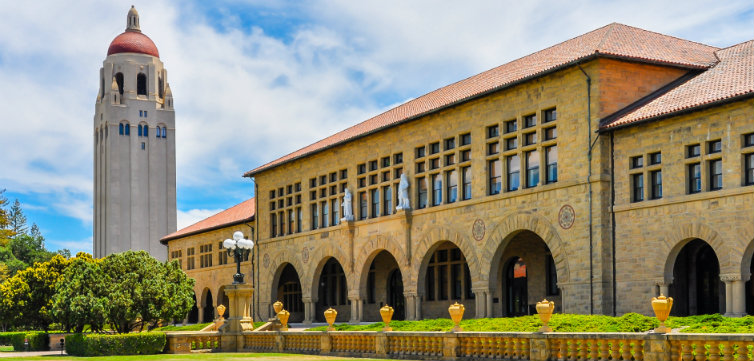 This Friday I will be presenting our join work with Ekaterina Lyutikova at the UCLA Department of Linguistics. My talk is entitled “WHAT IS CASE? A VIEW FROM RUSSIA”
This Friday I will be presenting our join work with Ekaterina Lyutikova at the UCLA Department of Linguistics. My talk is entitled “WHAT IS CASE? A VIEW FROM RUSSIA”
Abstract: In recent years, syntacticians have showed a renewed interest in case marking, and two new theories have been competing as the best account of case-related phenomena: the Inherent Case Theory (ICT), put forward by Woolford (2006), among others, and the Dependent Case Theory (DCT), advocated recently by Baker (2015) and Baker and Bobaljik (2017). The proponents of the DCT, in particular, argue it to be the best account of three phenomena: (1) languages with ergative alignment, (2) applicative and other similar alternations, where the introduction of an additional argument (with no change to the thematic roles of other arguments) changes the case marking, and (3) Differential Object Marking. In this talk, I challenge those claims by bringing to the table data from three languages spoken in Russia: Russian, Agul and Tatar. I further show that the ICT can handle such data better than the DCT.
(The map on the right illustrates the location of Agul in Dagestan, listed as Agu.)
 Upon my
Upon my 
 This Friday I will be presenting our join work with Ekaterina Lyutikova at the
This Friday I will be presenting our join work with Ekaterina Lyutikova at the